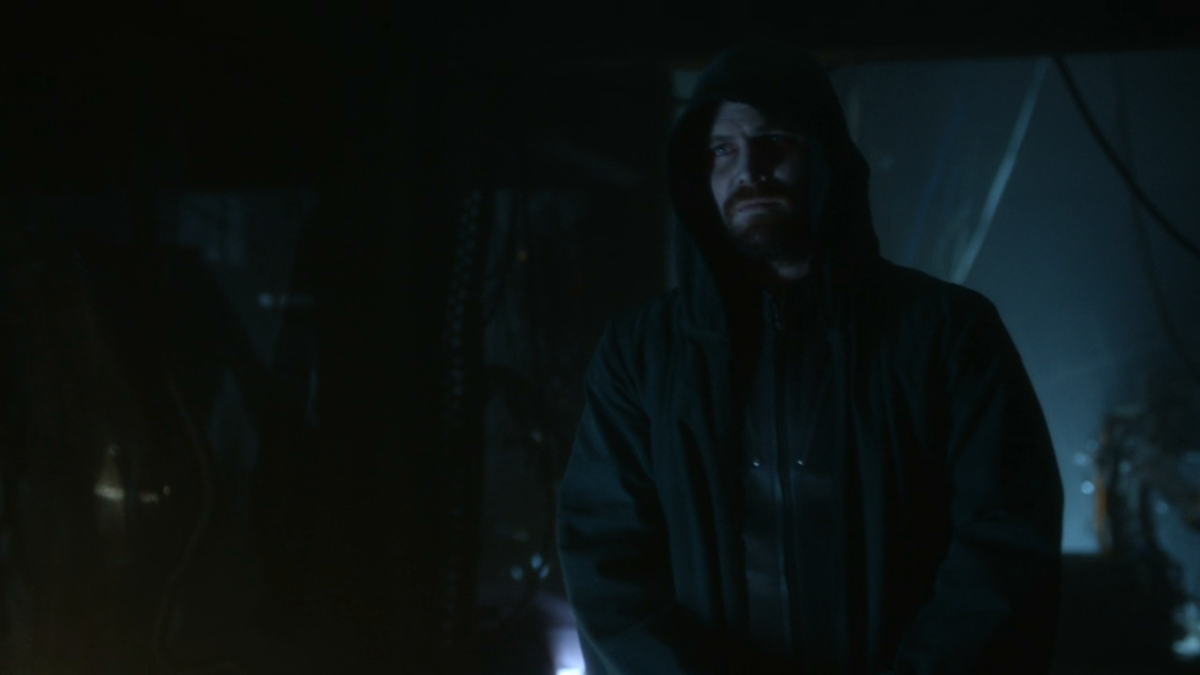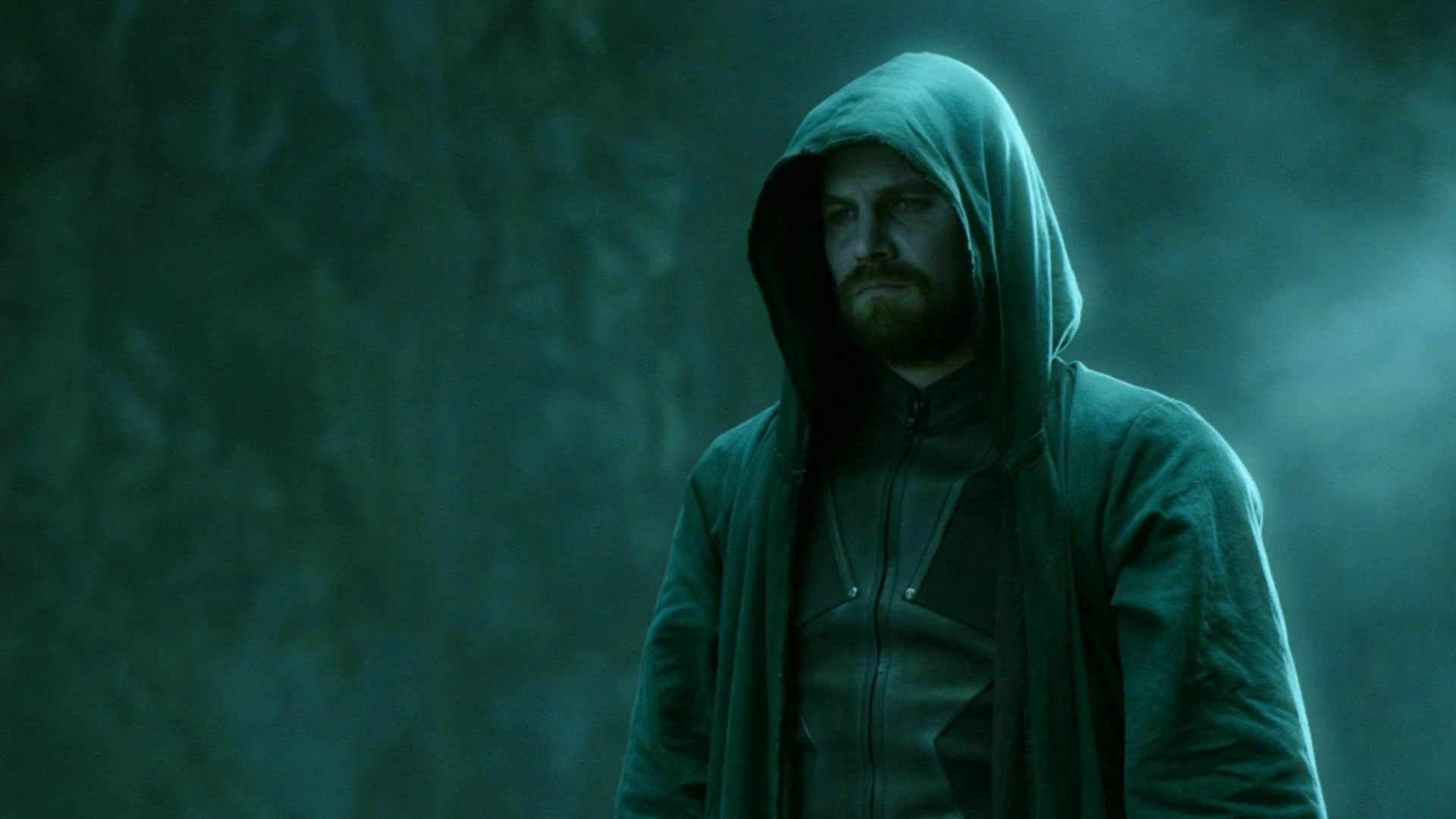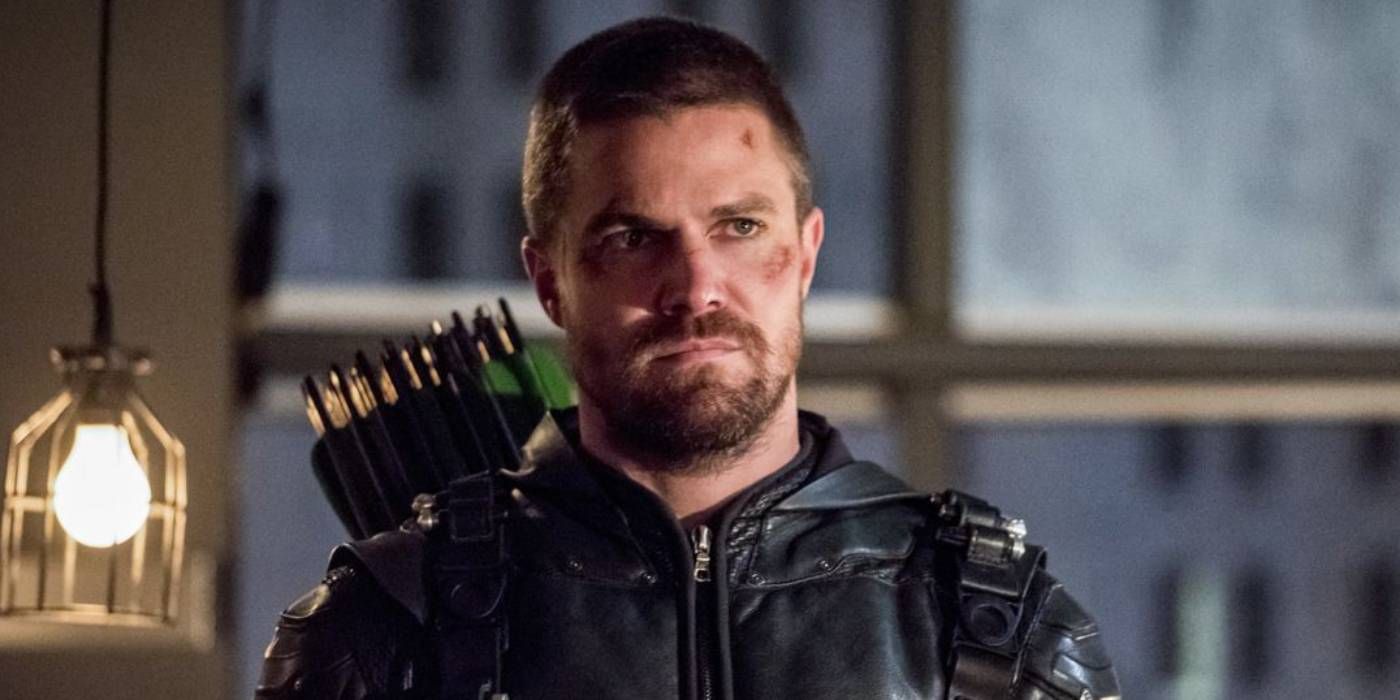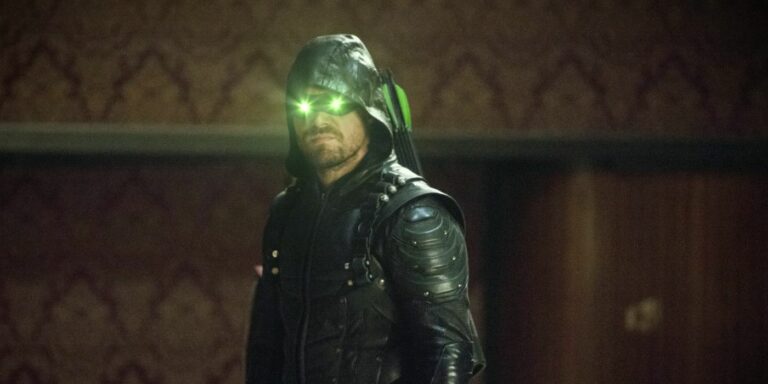In the world of the Arrowverse, where superheroes battle against the forces of darkness, two officers stood out by throwing their lot in with the vigilantes. Joe West from The Flash and Quentin Lance from Arrow often risked everything to support Barry Allen (aka The Flash) and Oliver Queen (aka Green Arrow). But why did their fates diverge so dramatically in the eyes of the law?

The Steep Price of Loyalty: Quentin Lance’s Fall
Quentin Lance, portrayed with gravitas by Paul Blackthorne, initially viewed the Green Arrow as a menace to society. Known to the public as Oliver Queen, the vigilante was nothing more than a criminal in Lance’s eyes. However, the discovery that his presumed-dead daughter, Sara, was alive and entangled in Oliver’s world dramatically shifted his perspective.
As Lance moved closer to Oliver’s inner circle, he found himself embroiled in a conflict that would ultimately cost him his career. Despite his eventual cooperation with Oliver, particularly after learning of Malcolm Merlyn’s plan to obliterate the Glades, Lance’s decision to aid the Green Arrow led to his downfall. When he disclosed his collaboration with the vigilante to his superiors, instead of mobilizing support, his superiors chose to demote him, leaving his dedication and sacrifices unrewarded.
Joe West: The Unshakable Ally
Contrasting sharply with Quentin’s narrative is Joe West, embodied by Jesse L. Martin, whose unwavering support for his adopted son Barry Allen made him a cornerstone of The Flash. Joe’s connection to Barry, deeper than mere duty, was forged from a familial bond. Barry’s heartfelt tribute to Joe underscores this, reflecting the profound personal connection that shaped their alliance against crime:

“You’re right, you’re not [my father]. You’re just the man who kept me fed and in clothes, who sat beside my bed at night until I fell asleep because I was afraid of the dark, helped me with my homework. You taught me how to drive, and shave… and you dropped me off at college. Sounds a lot like a dad to me.”
In Central City, Joe’s relationship with Barry and his alter ego was largely seen in a positive light. The Flash’s heroics were non-lethal and aimed squarely at safeguarding the community, which painted him as a beacon of hope rather than a vigilante. The Central City Police Department, thus, faced less pressure to reprimand Joe, allowing him to maintain his role both as a detective and a father figure.
A Tale of Two Cities: Public Perception and Heroism
The differing outcomes for Quentin and Joe underscore a broader theme of public perception and its influence on justice. Central City celebrated The Flash as a hero, overlooking minor transgressions for the greater good. Star City, however, harbored deep-seated suspicions about the Green Arrow’s lethal methods, which often straddled the line between vigilantism and outright criminality.
This stark contrast in how each city viewed its heroes directly impacted the lives of the men who had so much invested in them. While Joe enjoyed the community’s trust and support, Quentin faced skepticism and punitive measures from his own department, reflecting a community more wary of the costs of vigilante justice.

Reflections from the Community
The story of Quentin and Joe raises questions about the nature of heroism, the boundaries of the law, and the sacrifices of those caught in between. As fans on platforms like Reddit discuss, the line between hero and vigilante is not just drawn by actions but also by how those actions are perceived by the society they aim to protect.
In the Arrowverse, as in life, justice is not just about the letter of the law but also about the stories we tell about our heroes and protectors. Whether seen as a guardian or a renegade, the legacy of each character is shaped by the era and the eyes through which they are viewed.
